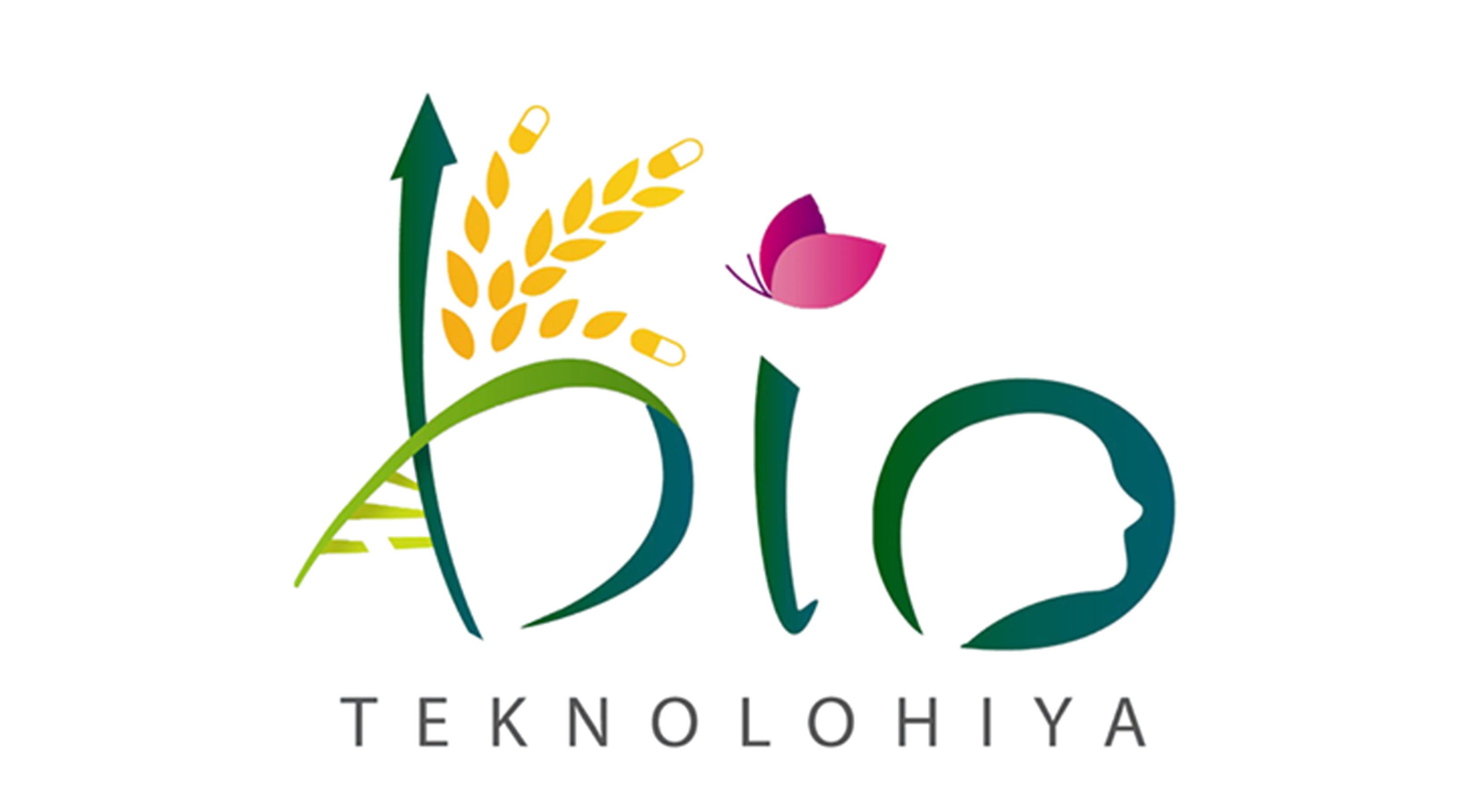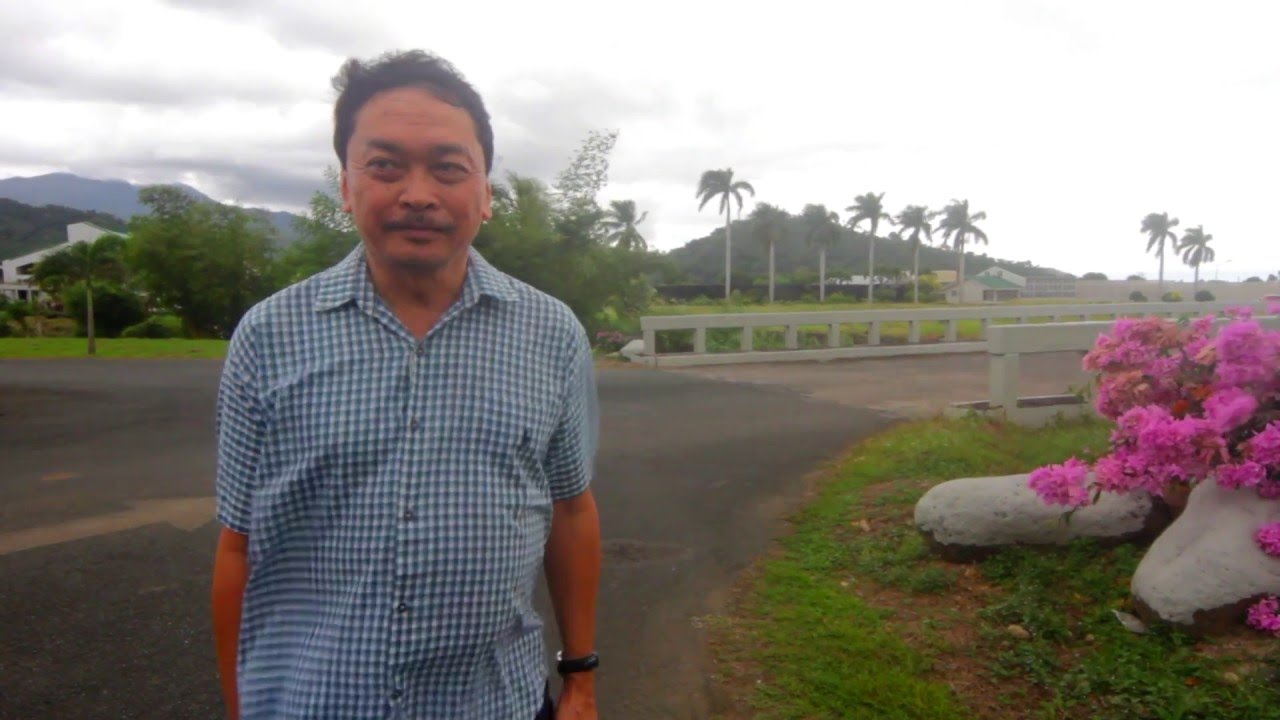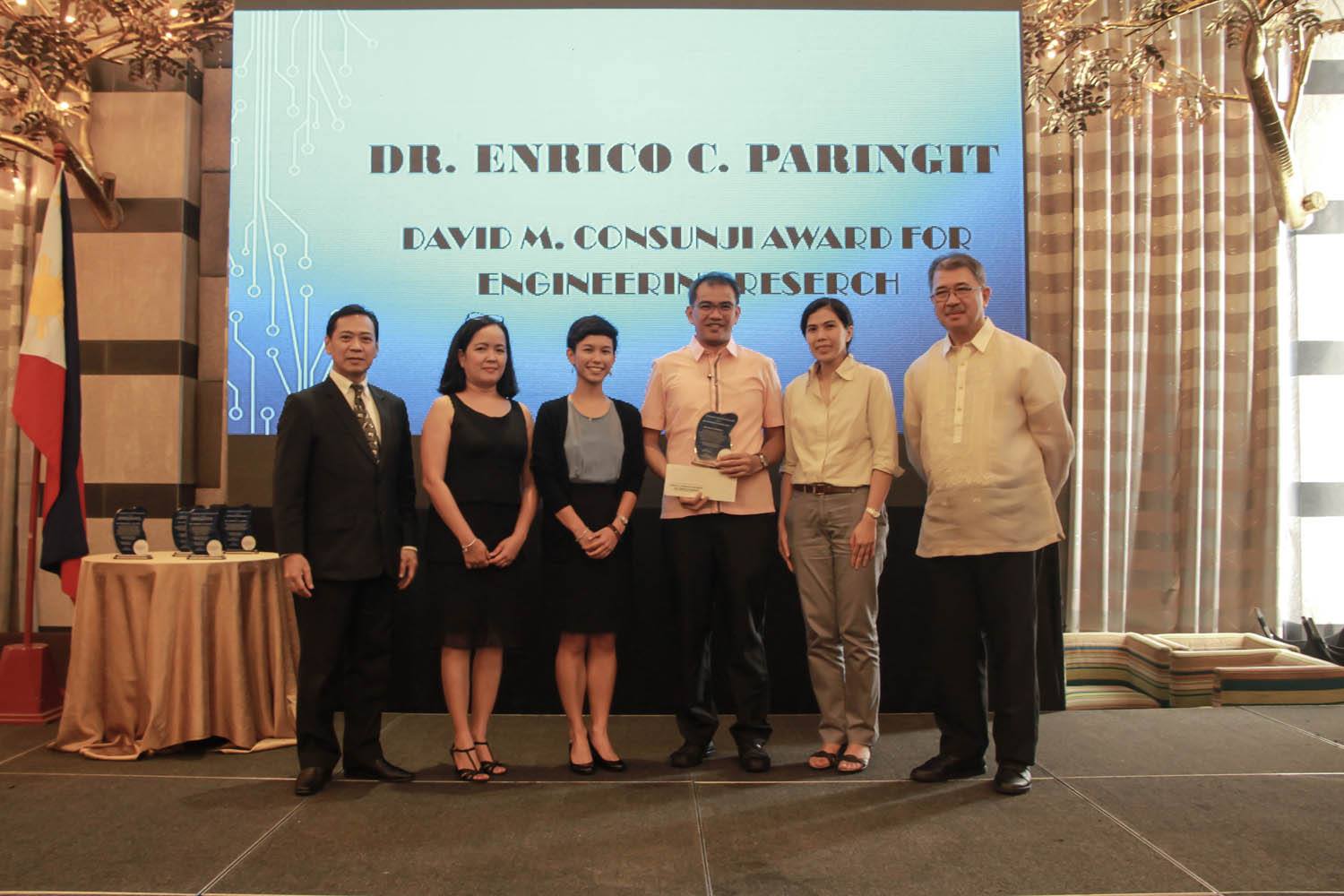QUEZON CITY, Metro Manila- The Department of Science and Technology (DOST), along with other government agencies, will celebrate the 2016 National Biotechnology Week (NBW) on 21-25 November 2016 at the Bureau of Soils and Water Management (BSWM), Department of Agriculture.

With the overall theme “Bioteknolohiya: Kaagapay ng Mamamayan sa Kaunlaran, Yakapin ang pagbabago, Biotek na tayo!,” NBW highlights the use of modern biotechnology as one of several means to achieve and sustain food security, equitable access to health services, and sustainable and safe environment.
As part of the celebration, the Philippine Council for Health Research and Development (PCHRD), in partnership with the Food and Nutrition Research Institute (FNRI), will conduct the Health Forum 2016 on 24 November 2016 to discuss the latest developments in human immunodeficiency virus (HIV), drug discovery and development, genomics, and nutrition.
Expected speakers are Dr. Edsel Maurice Salvana, University of the Philippines (UP) Manila Institute of Molecular Biology and Biotechnology Director, Prof. Gisela Padilla-Concepcion, UP Diliman Vice-President for Academic Affairs, Ms. Mildred Udarbe, and FNRI experts.
A weeklong exhibit of programs, projects, and technologies on biotechnology will also be held.
Other participating agencies for this year’s NBW celebration are Department of Agriculture (DA), Department of Health (DOH), Department of Education (DepEd), Department of Environment and Natural Resources (DENR), Department of Trade and Industry (DTI), and Commission on Higher Education (CHED).
Interested to attend the Health Forum 2016? Please contact Ms. Ladylove May Baurile at 837-0031 or This email address is being protected from spambots. You need JavaScript enabled to view it..■




